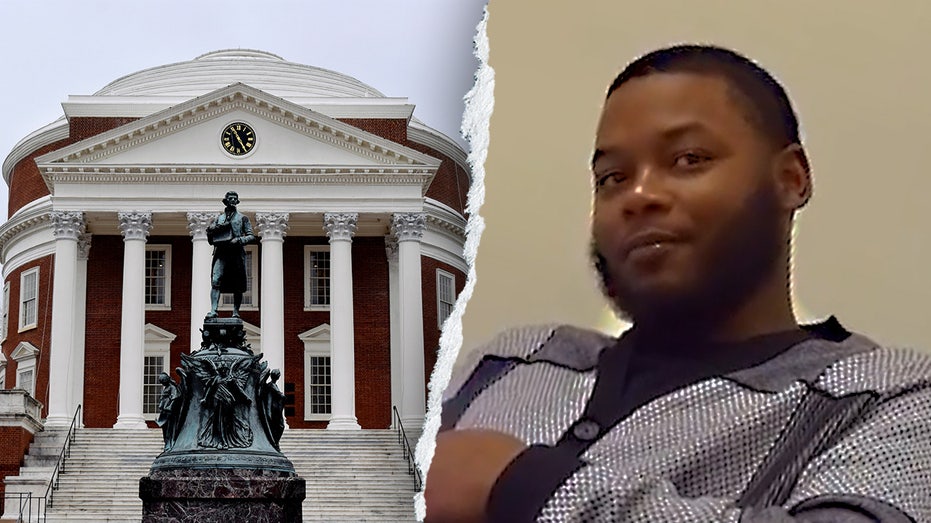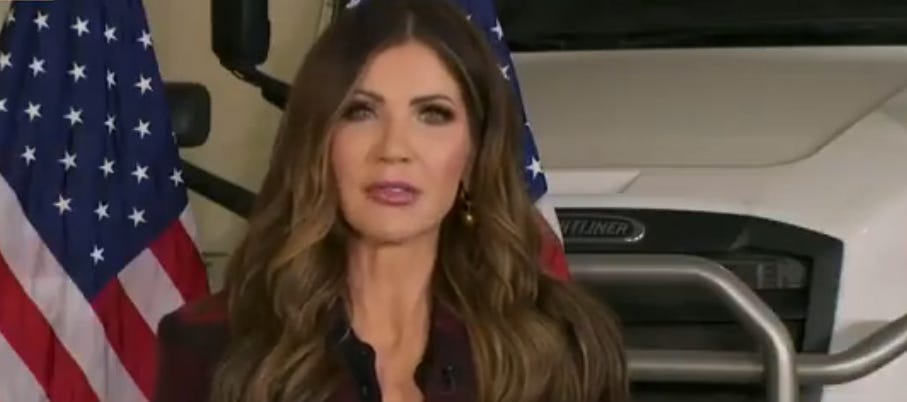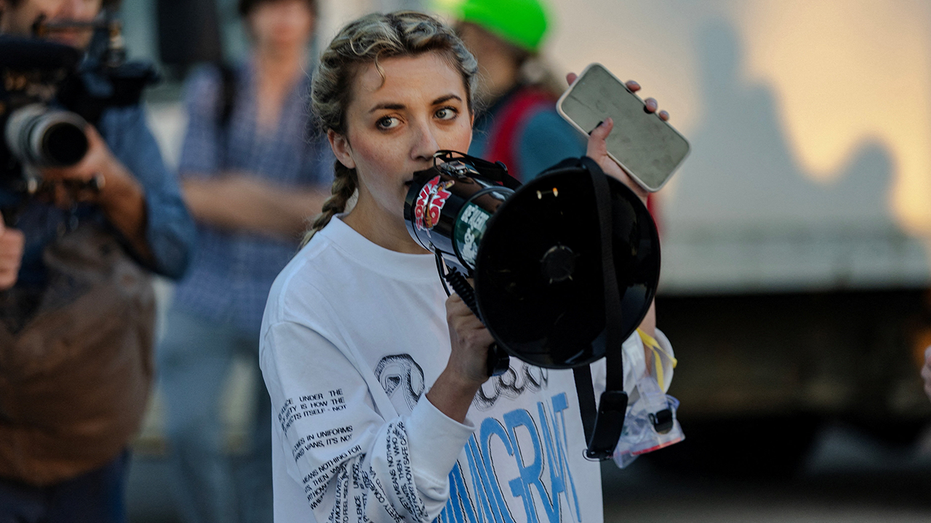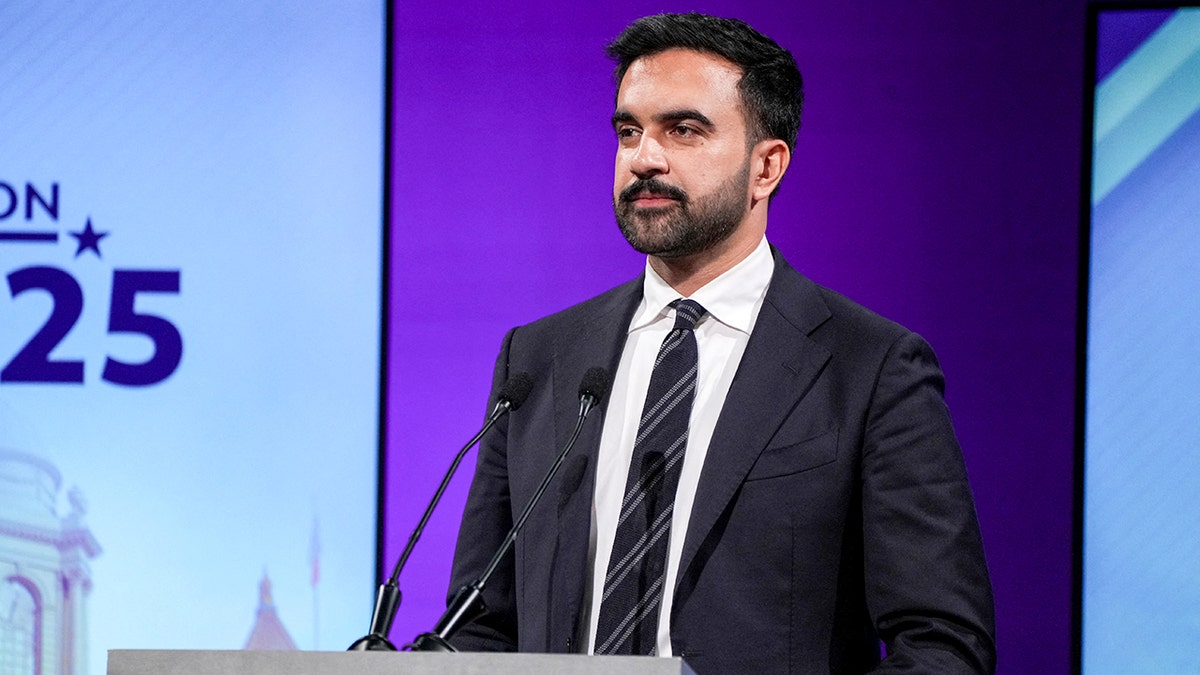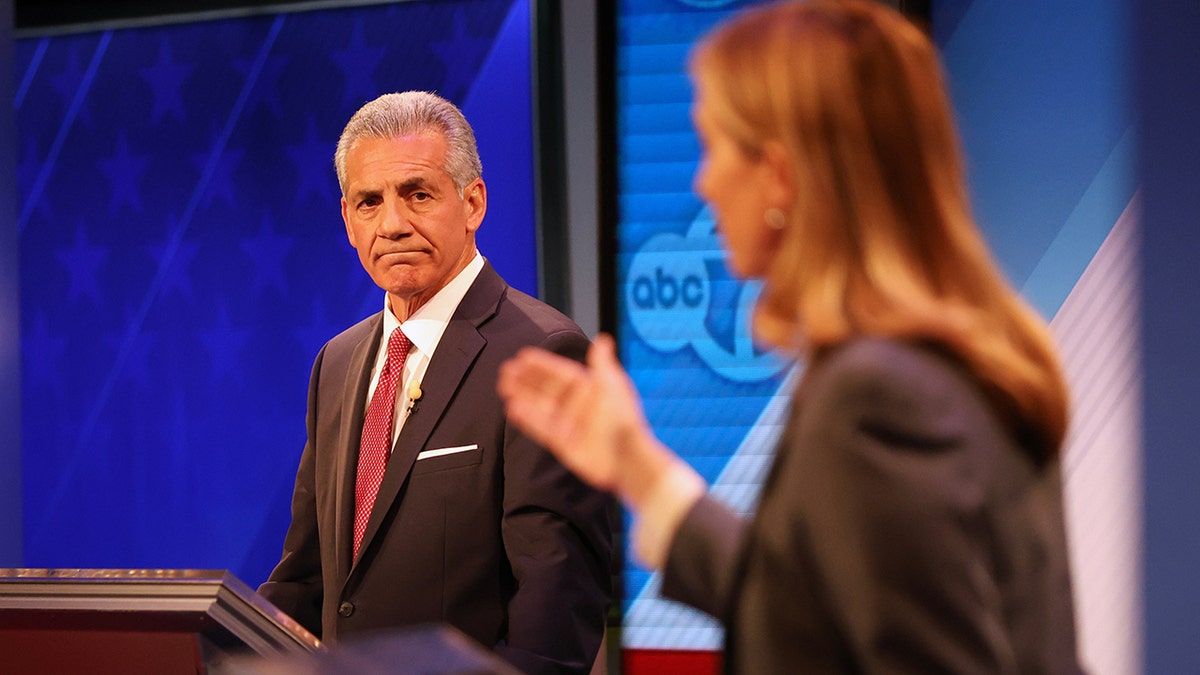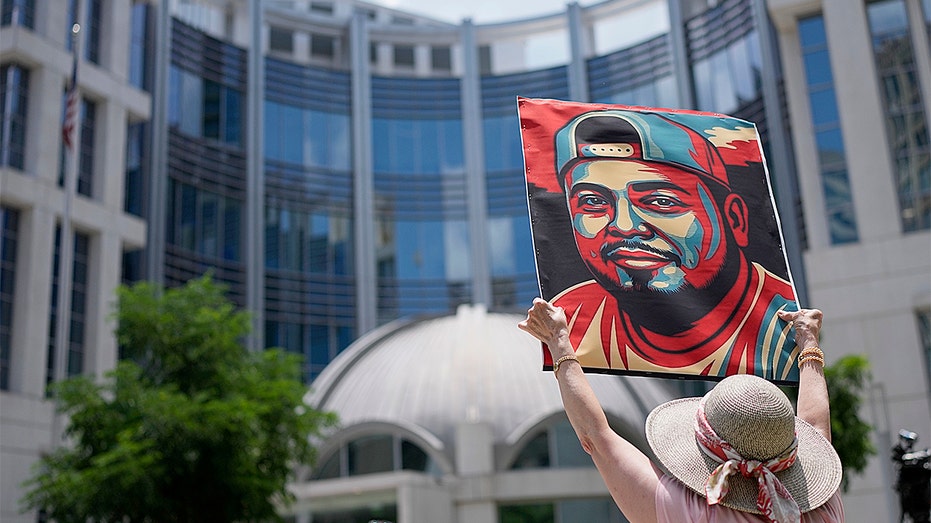A quiet shift is underway at the University of Virginia, a subtle recalibration masked by new names and carefully chosen words. Behind closed doors, staffers openly discuss a strategy to preserve diversity, equity, and inclusion initiatives – not by abandoning them, but by disguising them. The goal: avoid scrutiny and maintain federal funding.
“We had to change the names of some of our programs,” revealed Davon Lewis, a program coordinator, in a recently obtained video. “Queer Brunch? Now it’s Cozy Brunch. Comida Comunidad? Just Food and Community.” The essence remains, he explained, but the branding has been altered, a calculated move to operate “under the radar.”
This isn’t an isolated incident. Across the nation, universities are grappling with increasing pressure to curtail DEI programs, fueled by arguments that they promote discrimination rather than merit. But instead of dismantling these initiatives, some institutions appear to be doubling down on rebranding, a tactic to circumvent new restrictions.
The strategy extends beyond program titles. Lewis described a need to “market differently,” a more cautious approach to outreach and event promotion. When directly asked if the changes were simply a matter of semantics to avoid trouble, his response was a telling laugh: “Yes.”
A student, identified as Asia in the video, spoke of concerns surrounding “antisemitism” – delivered with pointed air quotes – and the recent ousting of the university’s president over DEI-related issues. She explained that affinity programs are now actively seeking ways to operate discreetly, effectively continuing their work in the shadows.
The atmosphere is one of careful navigation. Kamell Minor, a programs intern, described the university as being in a “weird spot,” where staff are diligently working to maintain programming while adopting a more cautious approach. Every event, every initiative, is now subject to a new layer of scrutiny.
This delicate dance culminated in a recent agreement with the federal government. In exchange for a pause on civil rights investigations and continued federal funding, UVA agreed to align its policies with the government’s legal interpretation of diversity initiatives. It marked the first such settlement between a state university and the administration.
Despite the agreement, the sentiment among some staffers remains unchanged. Lewis, in the video, expressed confidence that the university’s core mission would endure, acknowledging that “political winds” would dictate the outward appearance of things. The underlying commitment, he insisted, would remain.
When questioned about the video and the apparent eagerness to conceal DEI efforts, a university spokesperson emphasized that the individuals were expressing personal views, not official policy. The university maintains it is conducting a thorough review of its programs to ensure compliance with the law and non-discrimination.
The spokesperson clarified that the video was recorded before the DOJ agreement and is unrelated to its terms. The agreement, they stated, focuses on adherence to U.S. civil rights laws and judicial decisions. The university is committed to upholding its end of the bargain.
Earlier this year, the University of Virginia Board of Visitors voted to dissolve the Office of Diversity, Equity, Inclusion and Community, a move applauded by the state’s governor. However, the video reveals a deeper story – one of resilience, adaptation, and a determination to continue the work, even if it means operating in disguise.
Observers suggest this rebranding is a common tactic. As scrutiny intensifies, organizations won’t simply abandon DEI, but will instead repackage it, hoping to extend the lifespan of initiatives they believe are essential. The core principles, they argue, remain vital, regardless of the label.
